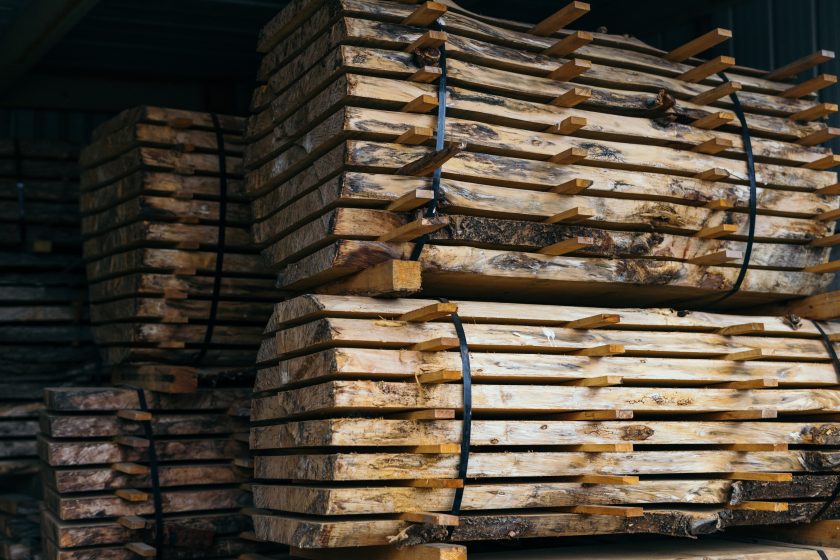No products in the basket.
Why have timber prices increased in the UK?
Timber prices have steadily risen by 130% worldwide over the last 12 months as a result of wider shortages to meet growing demands and a shipping and transport industry in disarray. These are in part impacts of the pandemic and extreme weather conditions, which has put an increasing amount of financial pressure on supply chains as they battle with product availability and prices that continue to become inflated.
Timber marketplace
Timber is a growing global market with increased demand by the US and China having a knock on effect for Europe. It is also increasingly more valued as a low-carbon option for construction, which has been backed by the Climate Change Committee to help change our built environment – which is responsible for 40% of our emissions – by providing lower carbon alternatives to materials such as cement and steel.
What is causing timber price increases?
The key factors which have contributed to the exorbitant price increase, especially over the last 12 months are:
Supply and Demand
Timber suppliers have been increasing in demand since the first quarter of 2020, this is due to booms in UK and US where more houses are being built from timber and people have been using lockdown to carry out DIY or home improvements. At the same time there was a downturn in production as global sawmills had to reduce numbers of employees working at one time. This was further compacted by economies continuing to improve later in the year, creating further demand on an already very tight supply and therefore increasing prices.
Shipping
There are five main causes of shipping being an influence on timber prices:
- The reduction in world trade due to pandemic restrictions, resulting in not enough containers being in the right places as trade started to increase, which had almost immediate impacts on shipment costs
- Congestion in ports due to a reduced workforce and support functions such as truck drivers, slowing the flow of goods and the volume that could be moved, causing considerable delays
- As trade slowed at the beginning of the pandemic companies took the opportunity to carry out maintenance or refurbish vessels, which meant fewer vessels and reduced operations
- The change in people’s buying behaviour combined with reduced numbers of available vessels and containers significantly drove up freight costs
- The blockage of the Suez Canal was estimated to cost global trade around $6bn to $10bn a week and reduce annual trade growth by 0.2 to 0.4 percentage points, impacting businesses far and wide. Source: German insurer Allianz analysis.
Weather and insect infestations
Bad weather over the 2020/21 winter impacted major exporting Scandinavia countries meaning less timber was produced in Europe, which further reduced supplies and drove up prices.
North American at this time were suffering an infestation of bark beetles limiting their own availability and therefore forcing them to look to Europe who already had supply issues.
David Hopkins Chief Executive of the Timber Trade Federation doesn’t anticipate a drop in demand but supplies to remain limited, however he has reassured businesses that new timber will be available but with longer lead times and higher prices
This means prices could continue to rise and naturally manufactures, suppliers and distributors bringing products to market will not be able to carry these additional costs indefinitely without detriment to their own businesses. You can talk to one of the team about how Beacon International will be handling price increases or the impacts this might have on products you purchase: www.beaconinternational.co.uk | 01536 762 939





